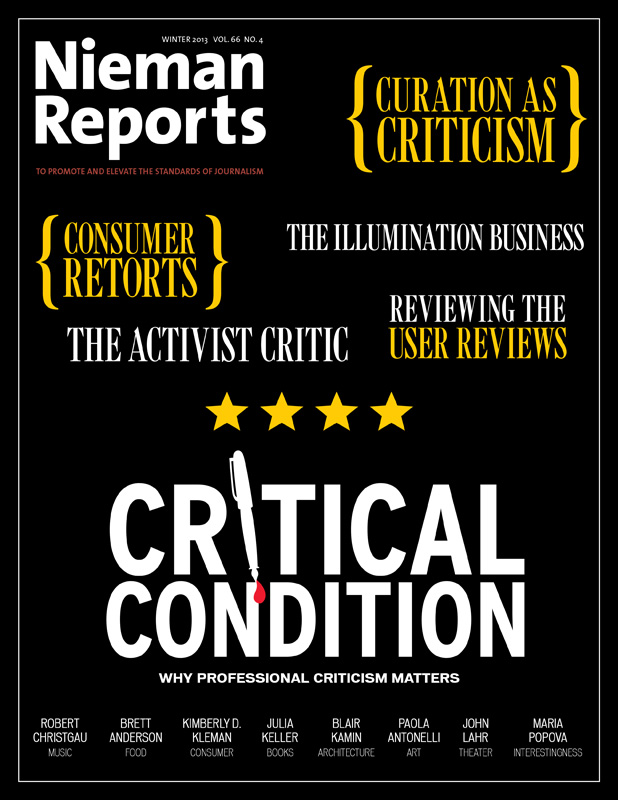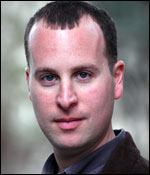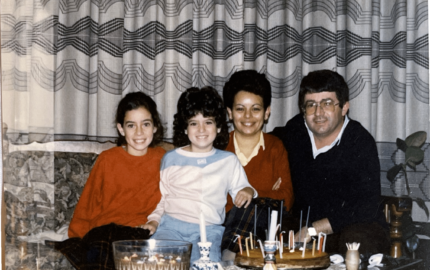It was the summer of 2004 and my Israel defense forces (IDF) reserves unit was being sent to guard the Ketziot Prison in southern Israel, home to several thousand Palestinian detainees.
One day, after finishing guard duty, I decided to take a different path back to the barracks. As I walked the prison's sandy trails, I spotted a small concrete structure surrounded by a fence. What caught my attention though was that the men standing in the courtyard were black and not Palestinian.
I walked over and struck up a conversation with these mysterious inmates. There were seven and they had come to Israel from the war-torn Darfur region of Sudan. Each told stories of the atrocities they had experienced back home, how they had been beaten and had witnessed the murders of their loved ones.
They had heard that Israel could provide a better life so they made the 1,000-mile trek on foot through Sudan, Egypt and finally into Israel where they were caught by a border patrol. Not knowing what to do with the refugees, the Israeli military locked them up in a maximum-security prison until their status could be clarified.
With just days remaining until the end of my service, I met with the Sudanese inmates a few more times and collected information from prison officials.
Shortly after returning to work, I wrote a story about the refugees, which was published on the front page of The Jerusalem Post. The story was picked up widely.
For me, the Sudanese refugee story has always stood out among the thousands of stories I have written. I see it as an illustration of a larger theme—that has accompanied me throughout my career—regarding my identity and the question of who exactly I am.
I was born and raised in Chicago so I am American but I have been living in Israel for the past 20 years, meaning I am also Israeli. I am a soldier—I served in the IDF and continue to serve in the reserves—and for the past 11 years I have been working as a journalist. I am also the father of four little children.
All of these roles and identities have different obligations and commitments, some of which at times seem to contradict one another. Do I, for example, write a story that could potentially endanger Israel's security? As a journalist I might argue for transparency and say "yes, it's my job to educate the public." But as a soldier and father, concerned with the potential consequences, the answer would probably be "no."
Should I have written the story about the Sudanese refugees even though I learned about it during a stint in the reserves? My commanders said "no." My paper and I said "yes."
People are right to ask how someone who has served in the military and continues to serve in its reserves can report critically on that same military. One could say that military experience is important when reporting on a military but for me that is not a sufficient answer. Instead, I have come to believe that it largely depends on the journalist, his or her level of integrity as well as their ethical and journalistic standards.
My career has been guided by two primary motivations—to tell stories but also to create government transparency and accountability. For that reason, I argue almost daily with Israel's military censor to permit the publication of material that might be sensitive but which I believed was necessary for the public to know so it could hold its government accountable.
I am often asked what I love most about being a reporter in Israel and why I decided to pass up a promising law career. Where else, I answer, do I get to fly with the Air Force, sail with the Navy, hunker down in trenches with the infantry, and call that a day's work? But, I always add, the real answer is the excitement I wake to every morning, not knowing what the new day will bring.
Yaakov Katz, a 2013 Nieman Fellow, is the military reporter for The Jerusalem Post and the Israel correspondent for Jane’s Defence Weekly. He is the co-author of “Israel vs. Iran: The Shadow War,” published in Israel in 2011 and in the United States in 2012, and has a law degree from Bar-Ilan University.
One day, after finishing guard duty, I decided to take a different path back to the barracks. As I walked the prison's sandy trails, I spotted a small concrete structure surrounded by a fence. What caught my attention though was that the men standing in the courtyard were black and not Palestinian.
I walked over and struck up a conversation with these mysterious inmates. There were seven and they had come to Israel from the war-torn Darfur region of Sudan. Each told stories of the atrocities they had experienced back home, how they had been beaten and had witnessed the murders of their loved ones.
They had heard that Israel could provide a better life so they made the 1,000-mile trek on foot through Sudan, Egypt and finally into Israel where they were caught by a border patrol. Not knowing what to do with the refugees, the Israeli military locked them up in a maximum-security prison until their status could be clarified.
With just days remaining until the end of my service, I met with the Sudanese inmates a few more times and collected information from prison officials.
Shortly after returning to work, I wrote a story about the refugees, which was published on the front page of The Jerusalem Post. The story was picked up widely.
For me, the Sudanese refugee story has always stood out among the thousands of stories I have written. I see it as an illustration of a larger theme—that has accompanied me throughout my career—regarding my identity and the question of who exactly I am.
I was born and raised in Chicago so I am American but I have been living in Israel for the past 20 years, meaning I am also Israeli. I am a soldier—I served in the IDF and continue to serve in the reserves—and for the past 11 years I have been working as a journalist. I am also the father of four little children.
All of these roles and identities have different obligations and commitments, some of which at times seem to contradict one another. Do I, for example, write a story that could potentially endanger Israel's security? As a journalist I might argue for transparency and say "yes, it's my job to educate the public." But as a soldier and father, concerned with the potential consequences, the answer would probably be "no."
Should I have written the story about the Sudanese refugees even though I learned about it during a stint in the reserves? My commanders said "no." My paper and I said "yes."
People are right to ask how someone who has served in the military and continues to serve in its reserves can report critically on that same military. One could say that military experience is important when reporting on a military but for me that is not a sufficient answer. Instead, I have come to believe that it largely depends on the journalist, his or her level of integrity as well as their ethical and journalistic standards.
My career has been guided by two primary motivations—to tell stories but also to create government transparency and accountability. For that reason, I argue almost daily with Israel's military censor to permit the publication of material that might be sensitive but which I believed was necessary for the public to know so it could hold its government accountable.
I am often asked what I love most about being a reporter in Israel and why I decided to pass up a promising law career. Where else, I answer, do I get to fly with the Air Force, sail with the Navy, hunker down in trenches with the infantry, and call that a day's work? But, I always add, the real answer is the excitement I wake to every morning, not knowing what the new day will bring.
Yaakov Katz, a 2013 Nieman Fellow, is the military reporter for The Jerusalem Post and the Israel correspondent for Jane’s Defence Weekly. He is the co-author of “Israel vs. Iran: The Shadow War,” published in Israel in 2011 and in the United States in 2012, and has a law degree from Bar-Ilan University.




